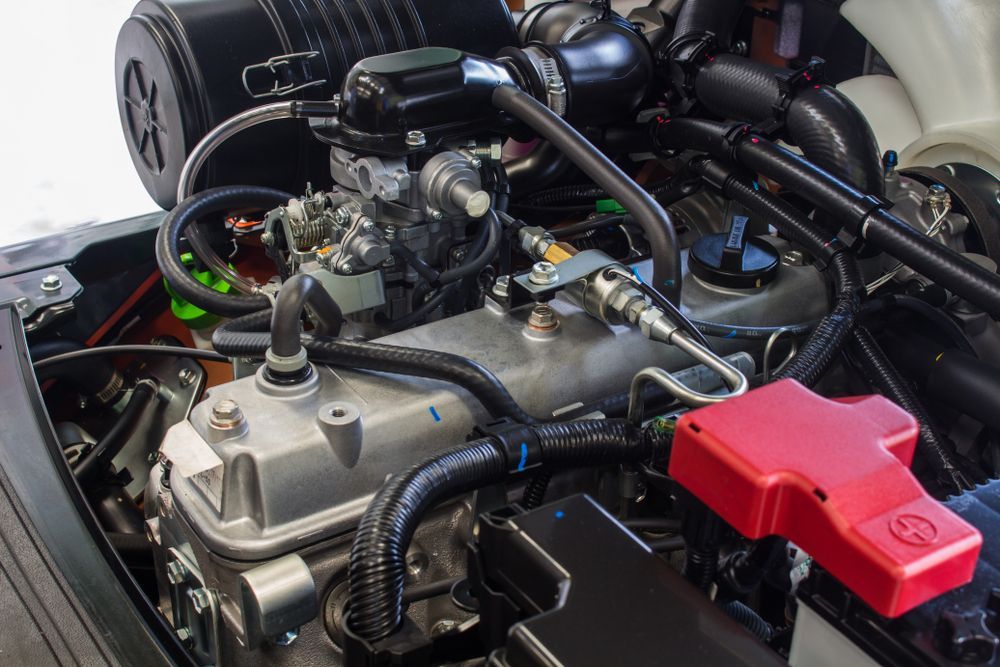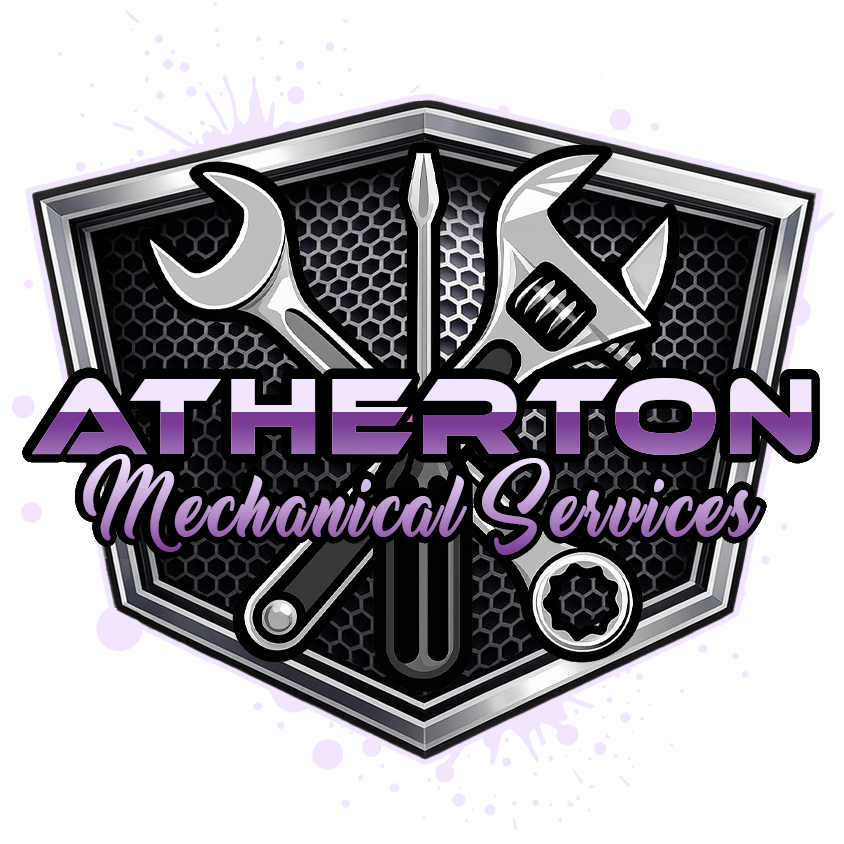Diesel vs Petrol Maintenance: What Local Drivers Need to Know

Whether you're navigating the winding roads of Herberton, hauling gear to Mareeba, or making the daily commute through Atherton, your vehicle is more than just transport — it's your connection to the region. But when it comes to keeping your car running smoothly, understanding what lies under the bonnet matters more than most people realise.
The debate between diesel and petrol isn’t just about what you pay at the pump. It's about long-term maintenance, performance, and whether your car will serve you well for years or send you back to the workshop more often than you'd like. This guide breaks down the practical differences between diesel and petrol vehicle maintenance — no mechanical jargon, just real-world insights for local drivers who depend on their vehicles every day.
How Diesel & Petrol Engines Work (In Plain English)
To understand the differences in maintenance, you first need to understand how these two engine types operate.
Petrol engines rely on spark plugs to ignite a mixture of air and fuel inside the combustion chamber. It's a relatively fast and responsive process that gives petrol vehicles that smooth, quick-start feel many drivers enjoy. Petrol engines are generally quieter and better suited to short trips or urban driving, which is why they dominate the passenger vehicle market.
Diesel engines, on the other hand, operate on compression. They compress air until it’s hot enough to ignite the diesel fuel when it’s injected. This high-compression method gives diesel engines greater torque — perfect for towing trailers, carrying heavy loads, or powering through rural roads. Diesel engines are built with durability in mind, which is why they often have longer lifespans, especially in commercial or agricultural applications.
The downside? That heavy-duty performance comes with unique servicing requirements. Diesel engines can be more sensitive to neglect, and some parts — like diesel particulate filters (DPFs) — require specific driving conditions to function properly.
Common Maintenance Tasks: What’s the Same, What’s Different?
While both engine types require regular maintenance, the specifics differ significantly.
Oil & Filter Changes
Petrol engines typically need oil changes every 10,000–15,000km, while diesel engines may need them more frequently due to the heavier loads they carry and the soot produced during combustion. Diesel oil is usually thicker and contains additives designed to handle high pressures and reduce wear.
Fuel System Care
Petrol systems are relatively simple, but diesel engines have more complex fuel systems with higher pressure. Injectors in diesel engines must be serviced regularly to maintain fuel efficiency and prevent misfires or engine knock.
Air & Fuel Filters
Diesel engines often require more frequent filter replacements. Fuel filters, in particular, are vital in diesel vehicles to keep contaminants from clogging injectors. Missing a replacement interval can lead to costly repairs.
Glow Plugs vs Spark Plugs
Petrol engines use spark plugs, which are replaced routinely. Diesel engines use glow plugs to help start the engine in cold weather. While glow plugs last longer, they do need periodic replacement and can cause hard starts or warning lights when failing.
Diesel Particulate Filter (DPF)
Diesel vehicles equipped with DPFs need occasional high-speed runs to regenerate and burn off soot. Regular short trips without this regeneration process can lead to blockages and expensive repairs.
Costs of Ownership: Is Diesel Really Cheaper in the Long Run?
There’s a common belief that diesel vehicles are cheaper to run — but that only tells part of the story.
Fuel Efficiency vs Fuel Cost
Diesel engines typically offer better fuel economy, especially on long-distance trips or when towing. However, diesel fuel often costs more at the bowser. For Atherton drivers making frequent long trips or towing loads, diesel savings can add up. For local, short-distance driving, petrol may be more cost-effective overall.
Servicing Costs
Routine services for diesel vehicles are often more expensive due to the additional components, higher oil capacity, and specialised filters. Parts such as injectors, turbochargers, and DPFs are also pricier to replace.
Longevity
Diesel engines tend to last longer if maintained properly. That’s why they’re popular in fleet vehicles and utes. But the maintenance must be consistent — skipping services can lead to major engine damage that wipes out any cost savings.
Local Driving Conditions & Their Impact on Maintenance
Living in the Atherton Tablelands comes with its own set of driving challenges — unsealed roads, short trips, steep hills, and occasional extreme weather.
Diesel DPF Problems in Town Driving
If you own a diesel vehicle but mostly drive short distances, your DPF may not have the opportunity to regenerate properly. This is a common issue in smaller towns where drivers rarely get up to the speeds or distances needed to trigger regeneration. It can lead to warning lights or blocked filters if not addressed.
Dusty Roads and Air Filters
Whether you're driving through Croydon, Malanda or the outer Tablelands, dust is a fact of life. This affects both engine types, but especially diesel engines, which rely heavily on clean airflow. Regular air filter checks are essential.
Cold Starts in Higher Elevations
Atherton’s higher elevation and cooler winters can make diesel engines harder to start without properly functioning glow plugs. Petrol engines usually fare better in cold-start conditions.
Pros & Cons for Local Drivers
Here’s a quick comparison tailored for Atherton and the surrounding region:
Diesel Pros:
- More torque for towing and load-carrying
- Better fuel economy on long drives
- Longer engine lifespan if well-maintained
Diesel Cons:
- More expensive to service
- DPF issues in short-distance driving
- Sensitive to poor-quality fuel or contaminants
Petrol Pros:
- Quieter, smoother ride
- Lower maintenance costs
- Ideal for short trips and city driving
Petrol Cons:
- Less suited to heavy towing
- Slightly lower fuel efficiency
- Components may wear out faster with rough use
Key Signs Your Vehicle Needs a Service
Whether you drive petrol or diesel, being alert to your vehicle's condition is key. Some universal signs include:
- Sluggish acceleration or power loss
- Warning lights on the dashboard
- Excessive smoke from the exhaust
- Unusual noises during ignition or driving
- Increased fuel consumption
Diesel-specific warning signs include hard starts, especially on cold mornings, and DPF warning lights. Petrol vehicle issues may involve rough idling or misfiring due to spark plug wear.
Don’t wait until your vehicle breaks down — preventative maintenance is always cheaper than a tow truck and a full engine rebuild.
Choosing the Right Vehicle & Maintenance Plan
There’s no one-size-fits-all answer when it comes to diesel versus petrol — it depends on how, where, and how often you drive. If you’re towing trailers, heading out to farms, or covering long distances regularly, diesel may be your best mate. If your driving is more local, urban, or light-duty, a petrol vehicle may suit your needs with fewer ongoing costs.
Regardless of your engine type, regular maintenance tailored to your usage is key. Understanding your vehicle’s unique requirements can extend its lifespan, improve performance, and give you peace of mind behind the wheel.
If you're unsure whether your vehicle needs servicing, or you're noticing performance issues, it's best to have it checked by professionals you can trust. Serving Atherton and the Tablelands since 2004, Atherton Mechanical Services offers expert diagnostics, logbook servicing, and tailored maintenance for both diesel and petrol vehicles.
Call (07) 4091 6556 to book your next service. We'll keep you safely on the road, no matter what you drive.





